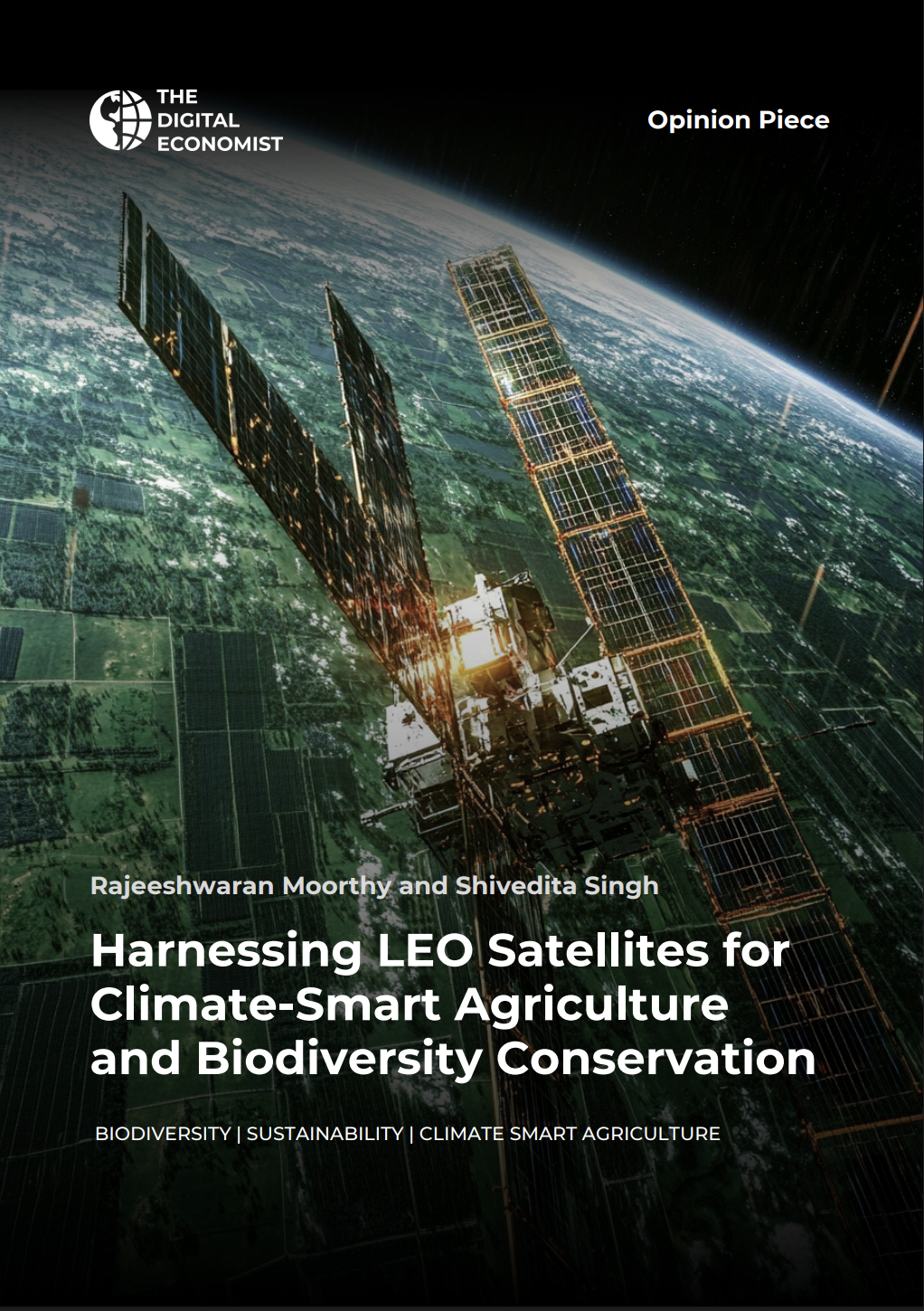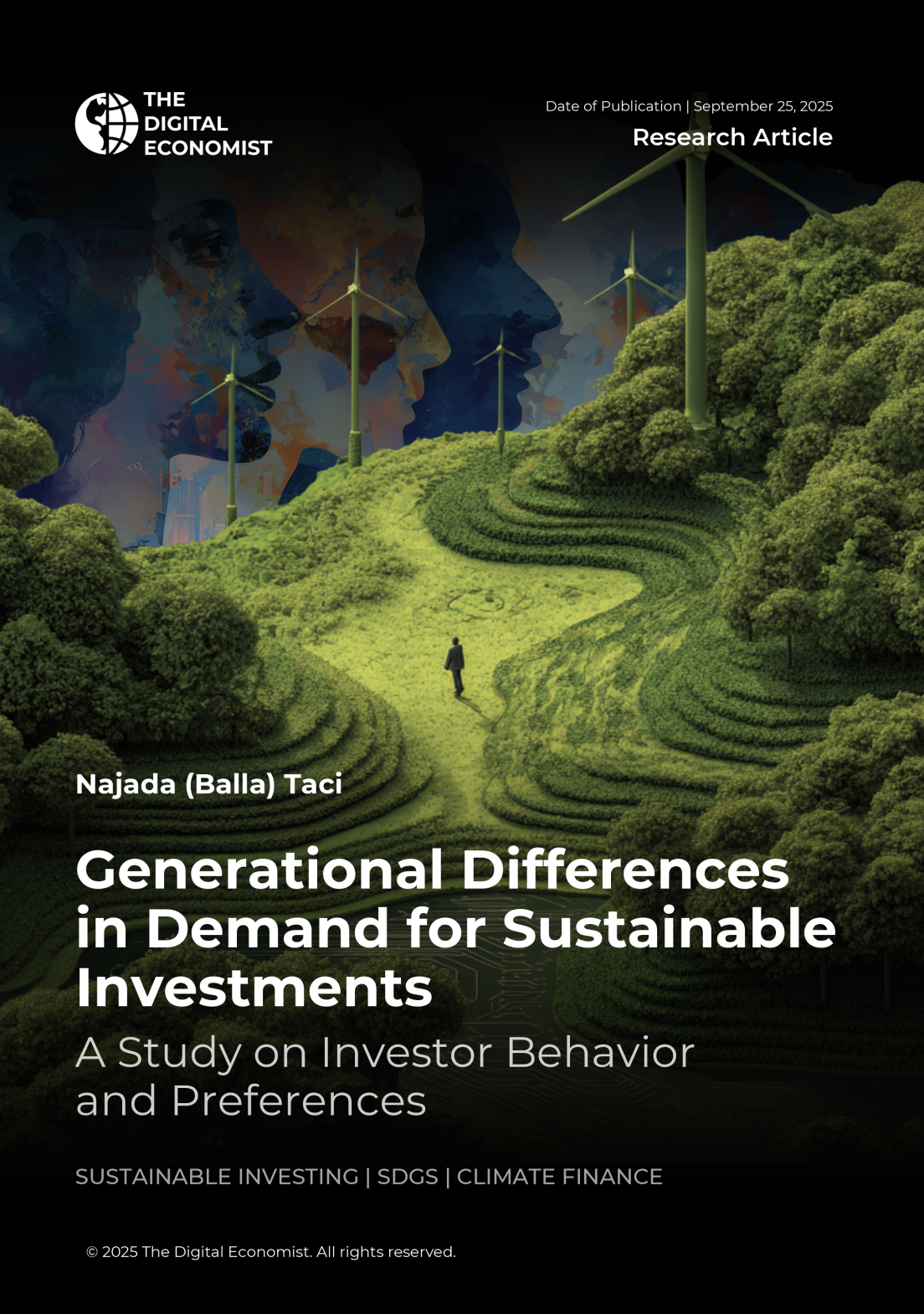
This opinion piece discusses the potential of Low Earth Orbit (LEO) satellites to address the intertwined challenges of climate change, food security, and biodiversity loss. The authors argue that traditional agricultural practices contribute significantly to environmental degradation, while climate change exacerbates agricultural volatility. LEO satellites provide high-resolution, real-time data that can enhance agricultural practices by enabling precise monitoring of land usage, soil moisture, and crop health. By integrating advanced technologies such as AI, blockchain, and quantum sensing, LEO satellites can facilitate smarter, more sustainable agricultural practices and support biodiversity conservation efforts. The piece highlights successful applications of satellite data in agriculture, such as reducing water consumption and improving crop yields, and emphasizes the need for collaborative efforts to leverage satellite technology for ecological restoration and climate resilience. Ultimately, the authors call for enhanced governmental and private sector engagement to make satellite data accessible for farmers and researchers, paving the way for a more sustainable future.




